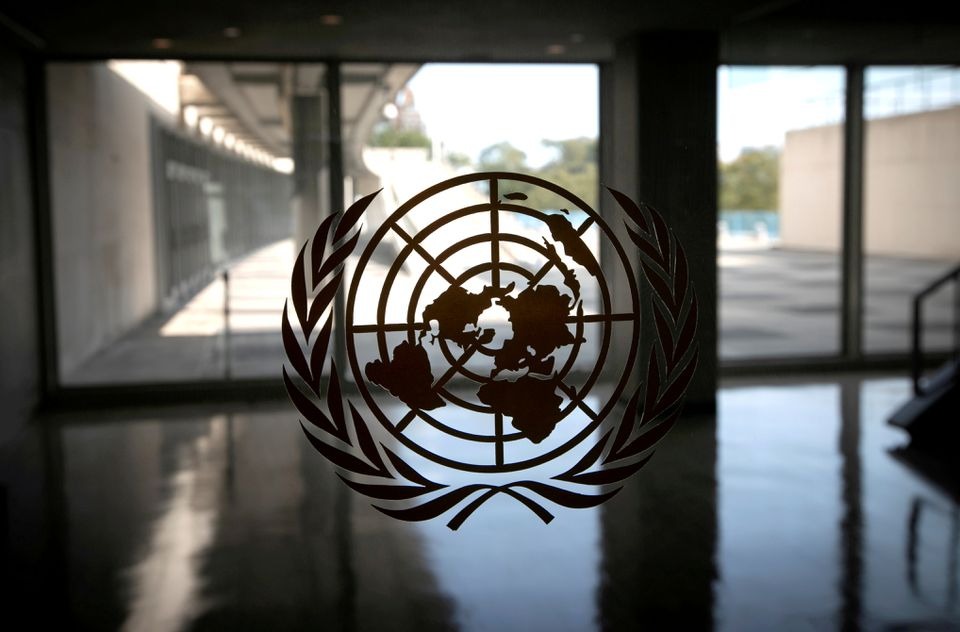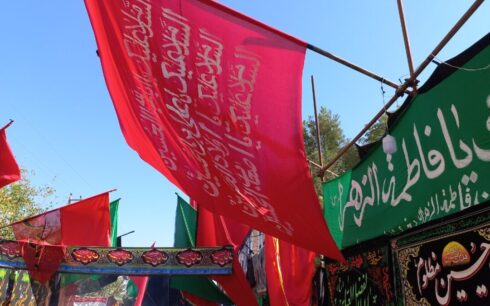United Nations Secretary General Antonio Guterres will on Monday meet with a number of special envoys to discuss the way forward with the Taliban and how best to continue helping the people of Afghanistan.
The exact number of envoys expected to attend the closed-door two-day meeting in Doha, Qatar, is not known but some reports indicate at least 25 countries will be represented, however, the Taliban has not been invited.
UNAMA chief Roza Otunbayeva; US special envoy Tomas West; Russian special envoy Zamir Kabulov; China’s special envoy Yu Xia Yong; EU special envoy Tomas Niklasson; Uzbek special envoy Abdulaziz Kamilov; and Iranian special envoy Hassan Kazemi Qomi, are among the envoys expected to attend the Doha meeting.
As Pakistan’s special envoy Sadiq Khan has resigned from his post, the neighboring country is expected to send Obaidur Rahman Nizamani, Pakistan’s ambassador to Kabul.
Hassan Kazemi Qomi, the special envoy of the Iranian president for Afghanistan affairs, has confirmed he will attend. He said in an interview with AVA that Tehran strongly criticizes “the unilateral approaches adopted by big powers and international organizations.”
Diplomats have meanwhile said that Guterres will give an update on a review of the UN’s critical relief operation in Afghanistan, ordered in April after the Taliban stopped local women from working for UN agencies.
The UN has said it faces an “appalling choice” over whether to maintain its huge operation in the country. On Thursday, UN Security Council member states united to condemn the curbs on women and girls in Afghanistan and urged all countries to seek “an urgent reversal” of the policies.
The Taliban’s foreign ministry rejected the call and said the ban “is an internal social matter of Afghanistan”.
However, Richard Gowan, UN expert for the International Crisis Group, an independent NGO, said, as quoted by AP, that the UN is “in a trap over Afghanistan”.
“Guterres has to untangle a very complicated knot. He needs to find a way to keep aid flowing into Afghanistan, but the Taliban ban on women is a huge blow to the UN’s ability to operate in the country.”
Gowan said the international community wants the UN to maintain its critical presence. “There are lots of differences among Security Council members over Afghanistan. But everyone, including Russia and China, agrees it is better to have the UN in Kabul than not.”
The United Nations has given few indications of what proposals could be made at the meeting but UN spokesperson Stephane Dujarric said on Friday the aim “is to reinvigorate international engagement around common objectives for a durable way forward on Afghanistan”.
The organization also wants “unity or commonality of message” on women’s and human rights, countering terrorism and drug trafficking.
“Recognition is not an issue,” Dujarric insisted. Whether the Taliban government takes up Afghanistan’s UN seat is for the UN General Assembly to decide.
Suggestions have however been made that the US administration should consider easing sanctions.
Washington’s Middle East Institute (MEI) said in a report last week that years of conflict, combined with drought, harsh winters, and economic contraction, have resulted in the possibility of mass starvation and a new surge of refugees. “If this scenario has thus far been averted, it is only because of the timely intervention of international relief agencies and foreign non-governmental organizations,” the report read.
“The US has channeled nearly $1.5 billion in humanitarian aid to support that effort — far more than any other donor country. While American personnel are not directly engaged in relief operations, an official presence in the country could improve the ability to monitor aid deliveries and measure their effectiveness. It could also potentially assist in coordinating activities among aid groups and with Afghan authorities.”
The report stated that “withholding political recognition has been a high-minded exercise that has made it more difficult to hold direct, candid talks with Taliban leaders. While most regional states and others, including the European community, have established a presence in the country, no American diplomat has set foot in Afghanistan since mid-August 2021.”
“Reestablishing a diplomatic presence if not a full-fledged embassy in Kabul could improve our understanding of the Taliban regime,” the MEI stated, adding that more normal contact would enable the US “to clearly convey its expectations and gauge any evolution in Taliban receptivity to accommodating U.S. interests.”
The think-tank said that to establish a physical presence in Kabul, the US would need to waive some of the normal security provisions governing missions abroad. American diplomats in Kabul would also have to overcome another kind of difficulty. As with other countries’ emissaries, they would be dealing mainly with the authorities in Kabul, knowing that in many respects the real seat of power lies in Kandahar with a top Taliban leadership that resists contact with foreigners.
The report also stated that while the US “might prefer to see regime change in Afghanistan, for the foreseeable future a reasonably stable and sufficiently capable Taliban government is needed to help facilitate humanitarian programs, neutralize ISKP (Daesh), and avert state collapse and civil war.”





